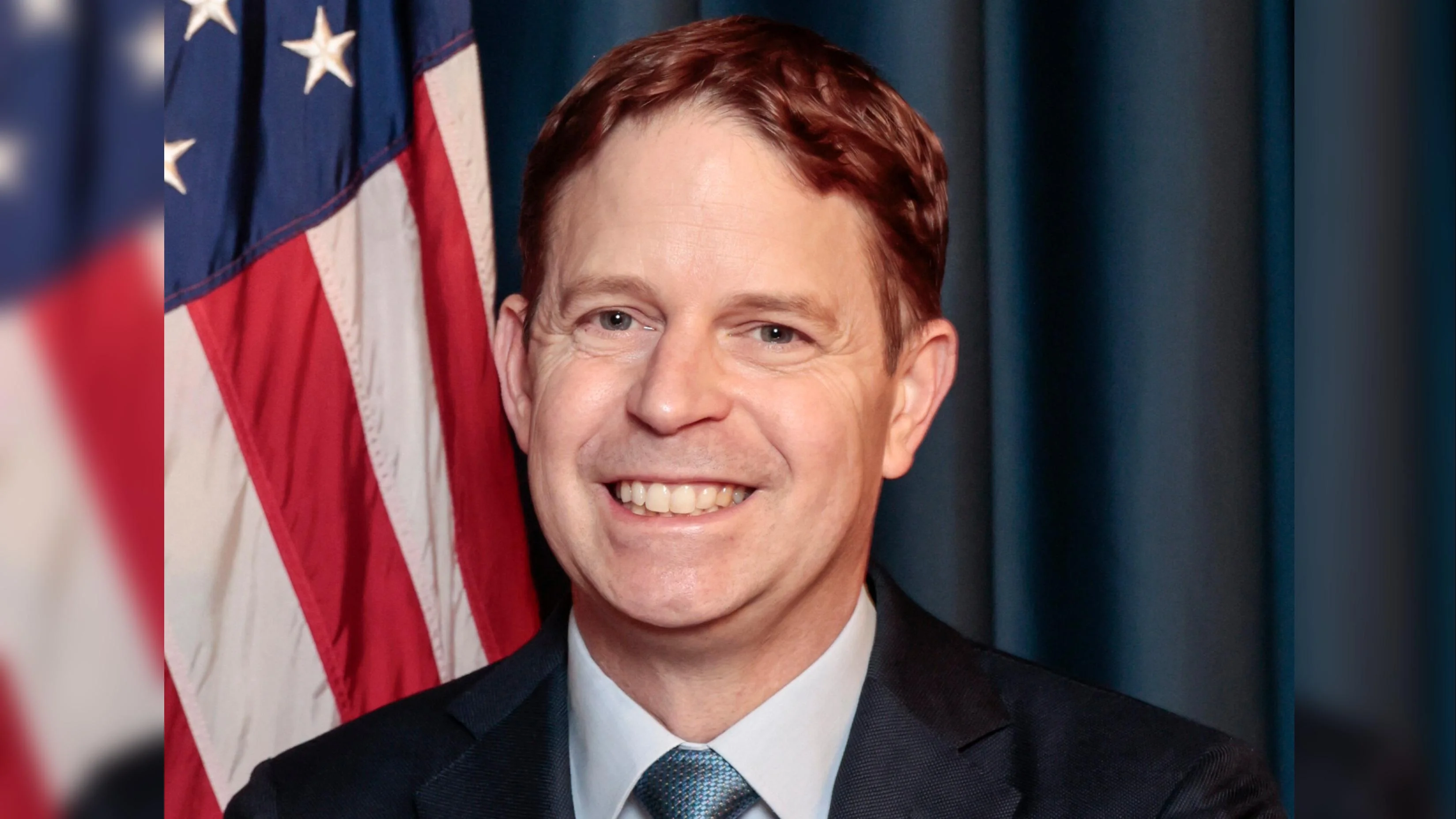At the 177th session of the FAO Council, U.S. Chargé d’Affaires Rodney Hunter addressed several key topics regarding global food security and the role of the Food and Agriculture Organization (FAO) in addressing these challenges. He emphasized the importance of the FAO adhering strictly to its core mandate, highlighting global resource limitations and the vulnerabilities of food supply chains.
Hunter echoed President Trump's Executive Orders, stating the need for comprehensive reviews to ensure that U.S. investments in international organizations align with American interests. He highlighted the protection and empowerment of women and girls and called for the FAO to ensure the use of clear language in its programs.
"Diversity, equity, and inclusion policies diminish the importance of individual merit, aptitude, hard work, and determination when selecting people for jobs and services. Given the importance of the FAO’s core work, the individuals and entities that advance its work must be the most qualified, period," said Hunter. He urged the FAO to avoid DEI programming, focusing instead on individual merit.
Climate change efforts were also addressed, with Hunter stating, "The United States cannot accept an unnecessary and distracting focus on climate in FAO’s work." He urged the FAO to focus on specific environmental threats like drought and land degradation while promoting access to secure energy.
He criticized the 2030 Agenda for Sustainable Development and the Sustainable Development Goals (SDGs), suggesting they promote a "soft global governance" inconsistent with state sovereignty. Hunter advocated for the FAO to concentrate strictly on essential activities as per its founding documents, endorsing a Member-driven review process for reforming FAO operations instead of the "FAO@80: Proposals for Institutional Renewal."
In terms of the FAO’s financial management, Hunter added, "The United States expects FAO to present Members with a realistic budget that doesn’t increase the overall contributions required from Member States." He advocated for fiscal discipline and sustainable Member State assessments.
Hunter addressed international conflicts, emphasizing that the Russia-Ukraine war must conclude. He welcomed the negotiated ceasefire and agreements for safe navigation, which he hopes would lead to lasting peace and strengthen global food security. On Gaza, he acknowledged the dire humanitarian situation but attributed some responsibility to Hamas for perpetuating the conflict.
Concluding, Hunter affirmed the U.S.'s commitment to working with FAO and other member states to ensure that FAO effectively addresses its core mandate moving forward.

